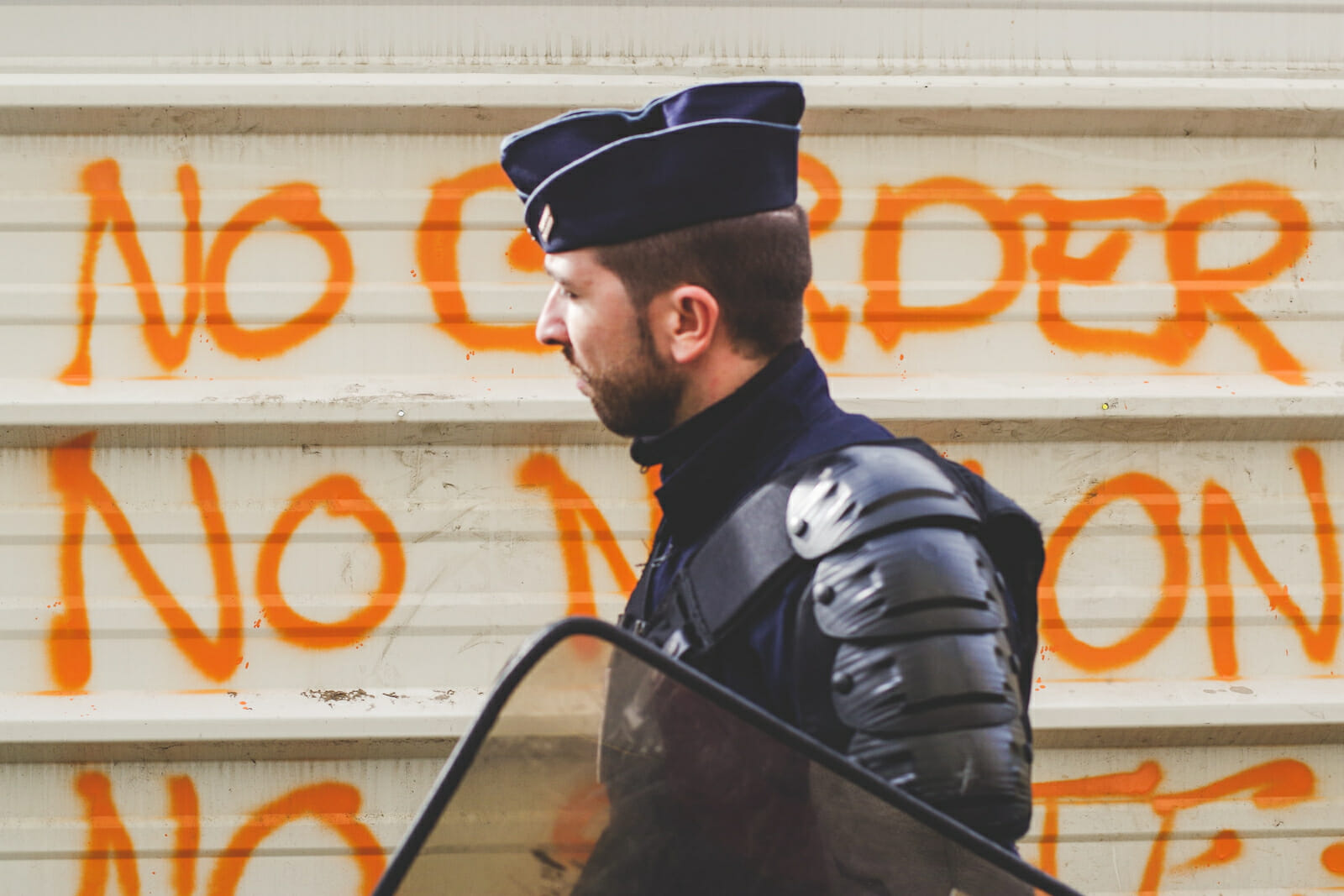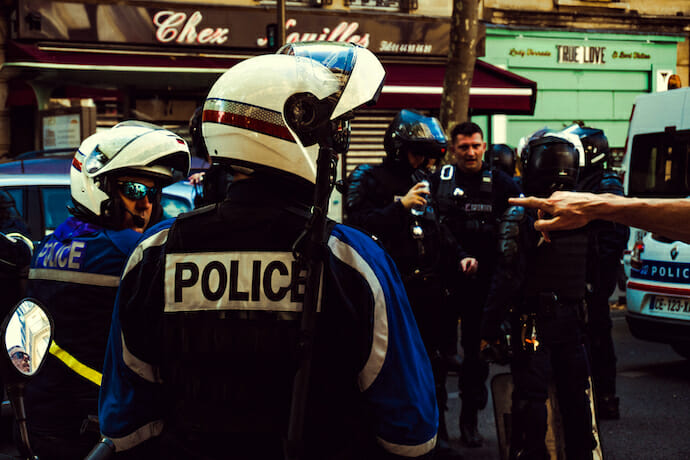
Community Policing will Help Prevent Terrorism in France
The 2015 terror attack on the French satirical newspaper Charlie Hebdo shocked France and the entire European Union. It sparked a culture war on the role of Islam, igniting debates on freedom of expression and secularism in the French Republic. Many have used the growing terrorist threat to promote an assertive, “militant” secularism that has targeted Muslim communities, to the neglect of civil liberties and basic human rights.
Countering terrorism is one of France’s biggest challenges. France is still the biggest source of foreign terrorist fighters in the European Union and its most targeted country. Policies focused on repression have failed to stop terrorist attacks and threaten both France’s domestic security and international credibility. France needs to invest in community policing to address the root causes of Islamist radicalisation.
Worldwide, experts warn that France’s counter-terrorist policies risk its human rights record as they legally enshrine de facto discrimination against French Muslims. Harsh police operations under the 2017 anti-terrorism laws, discriminatory religious laws like the 2016 burkini ban, and recent state attempts at creating a “French Islam” doesn’t solve problems. They make them worse. They increase vulnerabilities to radicalisation, promote hate speech, and erode societal trust. A new strategy focused on community policing is necessary to reconcile society, better inform counter-terrorist practices, and promote stronger public partnerships to stop France from becoming a hub for radicalisation.
Community policing will rebuild trust between the police and residents. It will reconcile police with the society they are meant to serve. Long-standing distrust between suburban youth and the police requires a need for greater sensitivity, especially in refugee and immigrant communities, as well as transparency to improve public perceptions of the police as allies rather than as an occupying force. Community police teams focused on neighbourhood safety and public assistance will proactively address these tensions.

Finally, community policing will promote stronger public partnerships involving all stakeholders in the community. Women, educators, youth, minority groups, religious leaders, and other community advocates are all important resources to help respond to and prevent grassroots radicalisation. This police-civil society collaboration can serve as a forum to air grievances, promote cultural and religious awareness, and establish a feedback loop to improve mutual understanding and bolster countering violent extremism efforts.
The spiral of violence, hatred, and racism between residents and the police in the suburbs has led many to perceive community policing as a soft approach. Instead, they have called for centralized police and more punitive measures. They are wrong. It is rather these policies that are weak and ineffectual. Indeed, because terrorist attacks in France are primarily committed by “lone wolves,” and not transnational terrorist organizations, community relations and cooperation with security forces are essential to prevent them. To effectively rebuild trust within the suburbs, France must diversify community police teams and increase the percentage of police officers from under-represented groups. Many cases, such as Northern Ireland, show that police outreach programs are extremely successful at preventing police-residents violence, crime, and radicalisation. If there is a will on the part of the French government, then there is a way for community policing and successful radicalisation prevention.
Militant secularism has divided society and fuelled terrorist narratives. It must stop. President Emmanuel Macron, you should protect and support each and every French citizen. France must remain one nation for all citizens because only together can we defeat those who seek to destroy us. Community policing and reconciling our society will better protect France.

